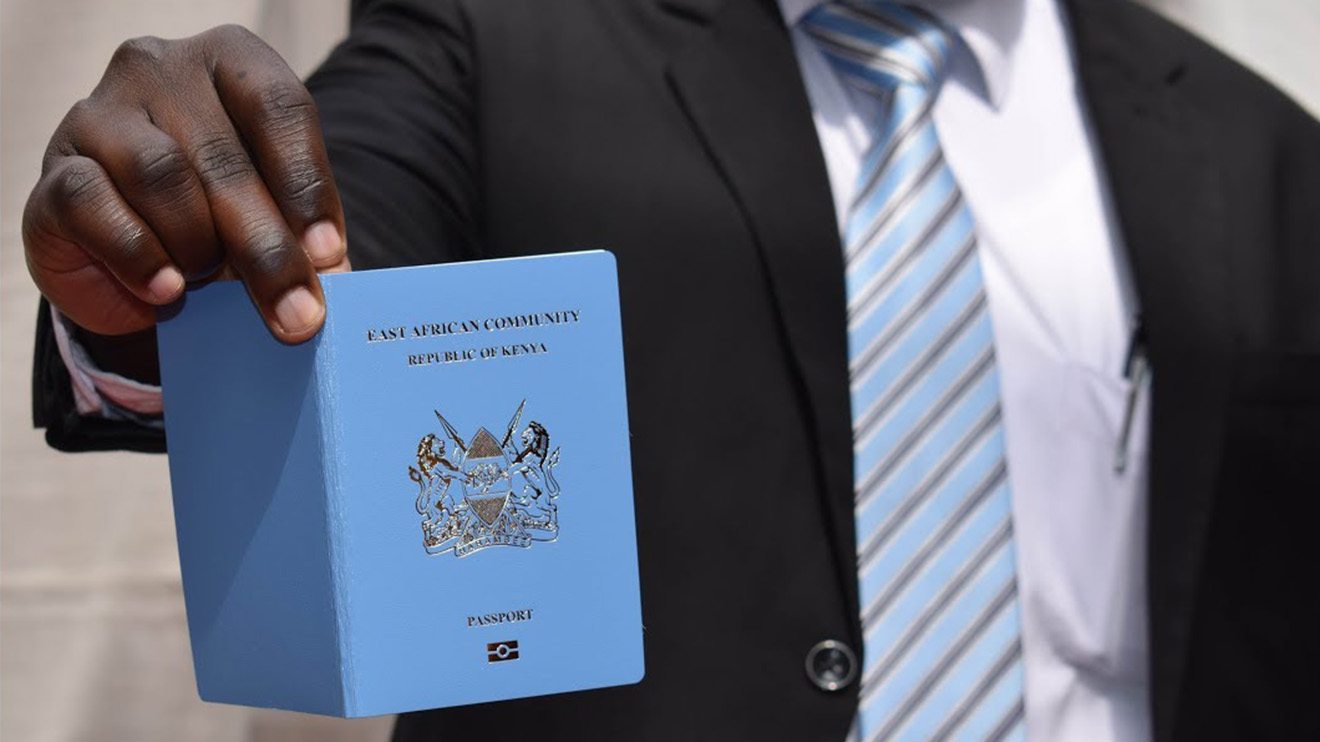The Kenyan government is set to embark on a pioneering initiative to lease high-capacity passport printing machines from private investors, aiming to address a significant backlog that has arisen due to faulty machines.
Interior Cabinet Secretary Kithure Kindiki disclosed this strategy to Parliament, drawing parallels with the successful medical equipment leasing approach adopted by the Ministry of Health.
Citing the substantial capital costs involved, Kindiki affirmed that private sector funding through leasing would be essential to ensure operational efficiency without compromising on security.
He emphasized that the government's focus is not solely on machine leasing but also on hosting documents and government data securely.
The proposed leasing arrangement would see the machines stationed at the Government Printer and operated by State officials.
Read More
"We will manage the equipment once it is delivered. Private investors will only provide the equipment and we will enter into a lease-to-own arrangement or leases with specific timelines, as is the case with leased medical equipment," Kindiki underlined.
Addressing concerns about private investors' involvement, Kindiki highlighted their ability to recoup investments over time, thereby fostering national security while enhancing service delivery.
This strategic approach is envisioned to bridge the resources gap required to elevate Kenya's issuance of security documents to global standards.
The urgency of this move is underscored by the pressing backlog of 58,000 passports, causing distress among citizens who have been awaiting issuance for over eight months due to a machine breakdown in March.
Kindiki acknowledged the outdated state of the existing passport printing machines, referring to them as "archaic and belong[ing] in museums."
Despite considering leasing as a solution, he ensured that the actual printing work will continue to be undertaken by the Government Printer, which has a well-established reputation.
Kindiki lamented the current dysfunctional state of the machines responsible for producing official documents, passports, and IDs, stating, "It is possible that we lease the passport printing machines, but we will ensure that the work is done by us."
Attributing part of the problem to budget constraints, Kindiki revealed that the Department of Immigration is restricted from utilizing its internally generated revenue, hindering essential investments in machinery.
He stressed that the department's substantial revenue contribution to the National Treasury should align with improved capabilities.
Optimistically, Kindiki projected that the forthcoming accountability statement would confirm the eradication of the passport backlog.
The goal of the government is to streamline passport issuance, adhering to a 21-day timeline, which will progressively decrease to seven days and eventually three days over the next year through the acquisition of new machines.
The demand for passports surged by 55.9 per cent in 2022, reaching 426,137, driven by the relaxation of Covid-19 related restrictions.
With this leasing initiative, the Kenyan government aims to not only expedite passport issuance but also enhance its operational infrastructure to meet international benchmarks.











